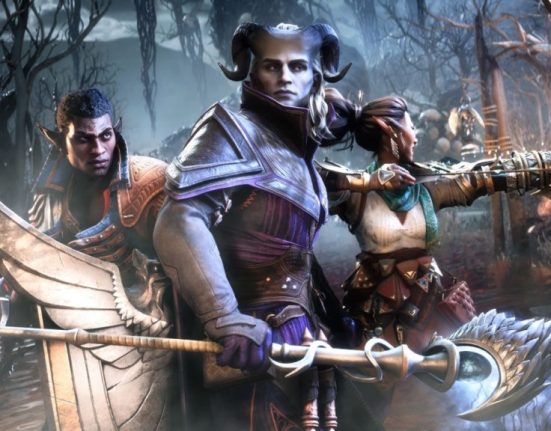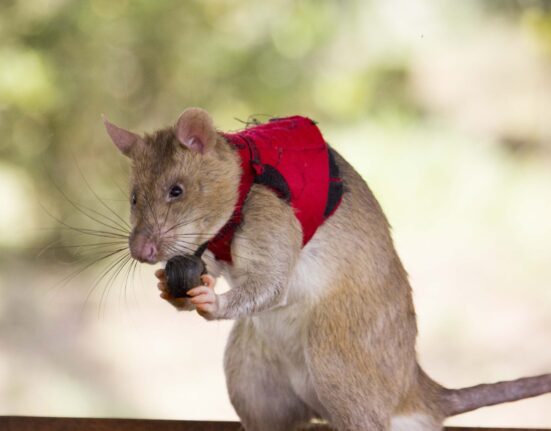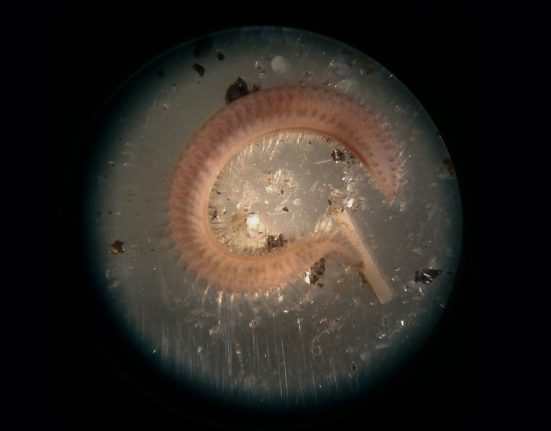Now revived for a new generation, the classic television series All Creatures Great and Small offered an unashamedly romantic take on the life of a 1930s rural veterinary practice. Sadly, in a sector that has been corporatised at a dizzying pace, the modern reality is far less edifying.
In south Wales, vets, nurses and support staff working for surgeries owned by the VetPartners group have just extended an ongoing strike until the end of this month. This unprecedented industrial action has been prompted by anger at low wages that are reportedly driving some employees to food banks. There are also widespread concerns that profit-driven calculations by corporate giants are pushing customer charges too high.
In May, the Competition and Markets Authority (CMA) confirmed that there would be a formal investigation of the sector. That followed a call for evidence on the industry, which led to an extraordinary volume of disenchanted responses from both vets and pet owners. The inquiry will focus on the consequences for consumers of the growing market dominance of six vast chains, which now control 60% of an industry estimated to be worth £5bn a year. In 2013, 89% of practices were independently run.
Inevitably, private equity firms have played a major role in this corporate transformation of the sector. As in other areas, the inevitable result of frequently leveraged expansion is a single-minded determination to drive down costs, and a relentless dedication to the bottom line. Some savings are achieved through sheer economies of scale. But anecdotal evidence suggests that a more ruthless, mercenary ethos may have been imposed on some surgeries that have retained their old name, but are now run by one of the big six.
An investigation by the Guardian earlier this year found growing concern over the hard-selling of increasingly expensive services, and frustration over a lack of transparency in pricing. The CMA’s chief executive, Sarah Cardell, has said that last year’s callout “heard from people who are struggling to pay for vet bills, potentially overpaying for medicines and don’t always know the best treatment options available to them”.
This is a disturbing state of affairs in an industry that needs to be trusted to deal fairly with people in sensitive situations. People’s devotion to their pets will lead them to make major financial sacrifices on their behalf. Proper regulation is required to make sure that this does not leave them vulnerable to exploitative business practices. The frequently stressful jobs performed by non-senior staff also deserve to be better rewarded, and recognised as an important contribution to societal wellbeing in a nation of animal lovers.
In the 25 years since practice ownership was opened up to non-vets, the scale of the corporate takeover has amounted to a cultural revolution. The CMA could eventually choose to insist on the breakup of dominant market players, and impose maximum prices. What is already clear is that a shake-up is overdue. Most industry regulations date back to 1966 – a world much closer to that of James Herriot’s memoirs than the present day. Present levels of discontent suggest they are no longer fit for purpose.













